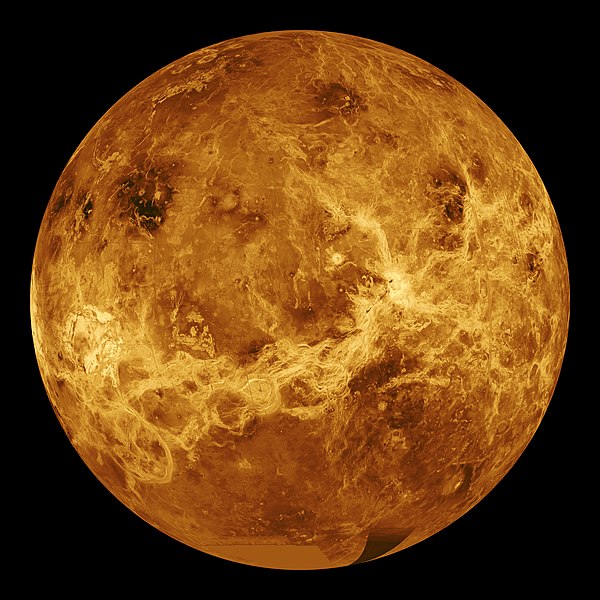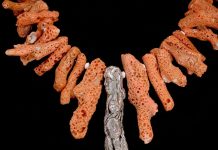
By Jim Brace-Thompson
It is speculated that Venus—our nearest planetary neighbor and very close in size to Earth—began with a much more Earth-like structure with active plate tectonics and an Earth-like atmosphere and climate. Perhaps, according to one theory, it even sported a surface awash in water that could have supported life.
Then, something went horribly, horribly wrong. This “something” resulted in runaway greenhouse gas emissions, a carbon dioxide atmosphere abundant in toxic sulfuric acid, a total lack of surface water, and crushingly dense atmospheric pressures. It also resulted in surface temperatures of 860 degrees Fahrenheit, or hot enough to melt lead!
Now, per a recent article in the journal Science, researchers hope to learn whether Venus truly was ever an Earthlike-twin, “cool, wet, and habitable,” or if it took a spin toward the inferno early on in its planetary evolution. NASA has earmarked $1 billion for two missions to explore Earth’s so-called “hothouse twin.”
The missions—some 30 years in the making—have been dubbed VERITAS and DAVINCI+. VERITAS will seek signs of plate tectonics, including evidence of Earth-like continental crusts rich in granite versus basaltic ocean basins. While VERITAS will explore Venusian geology, DAVINCI+ will explore the atmosphere to seek signs that will indicate if that atmosphere ever was Earth-like or not. Stick around for a decade or so, and perhaps you’ll find out!













